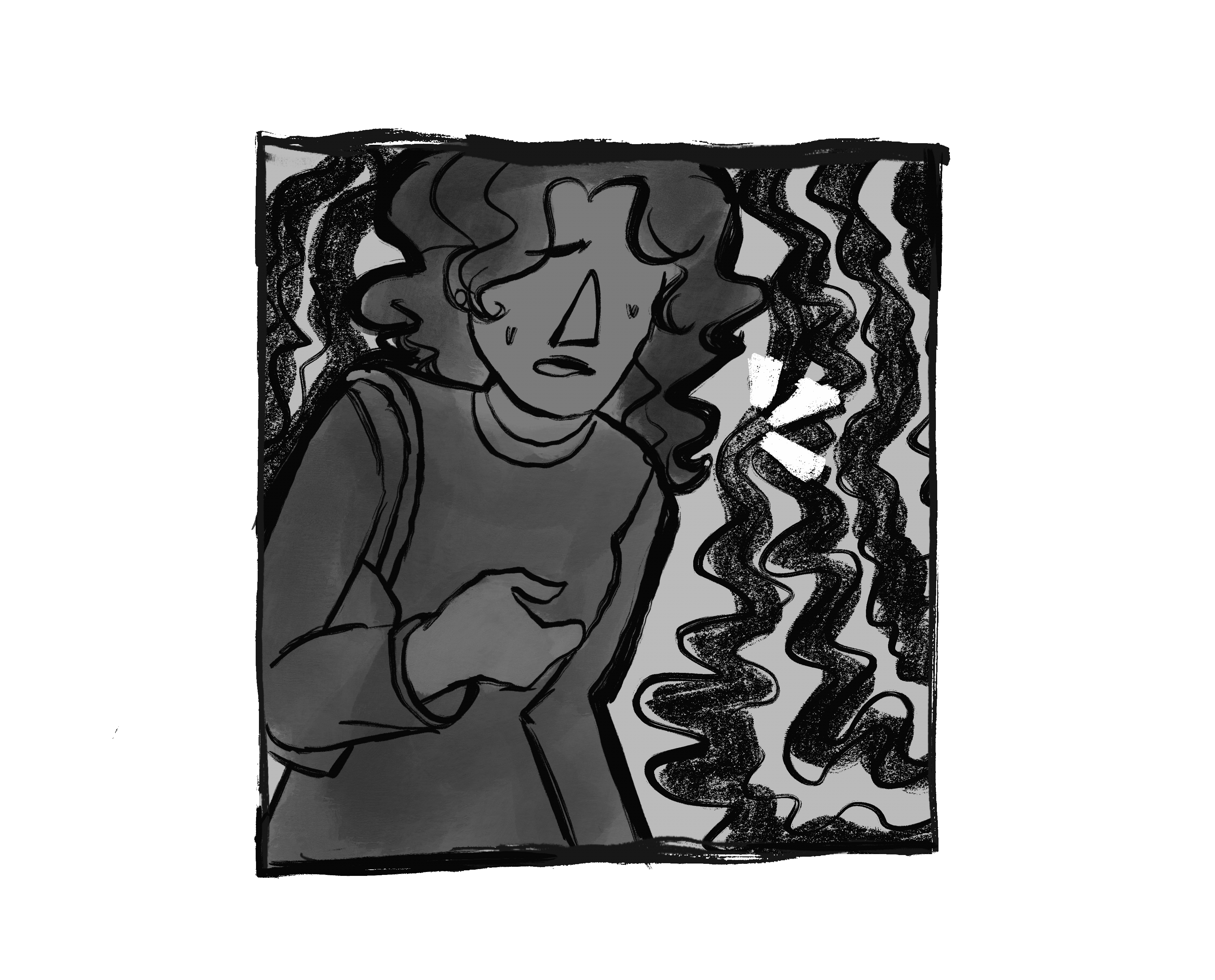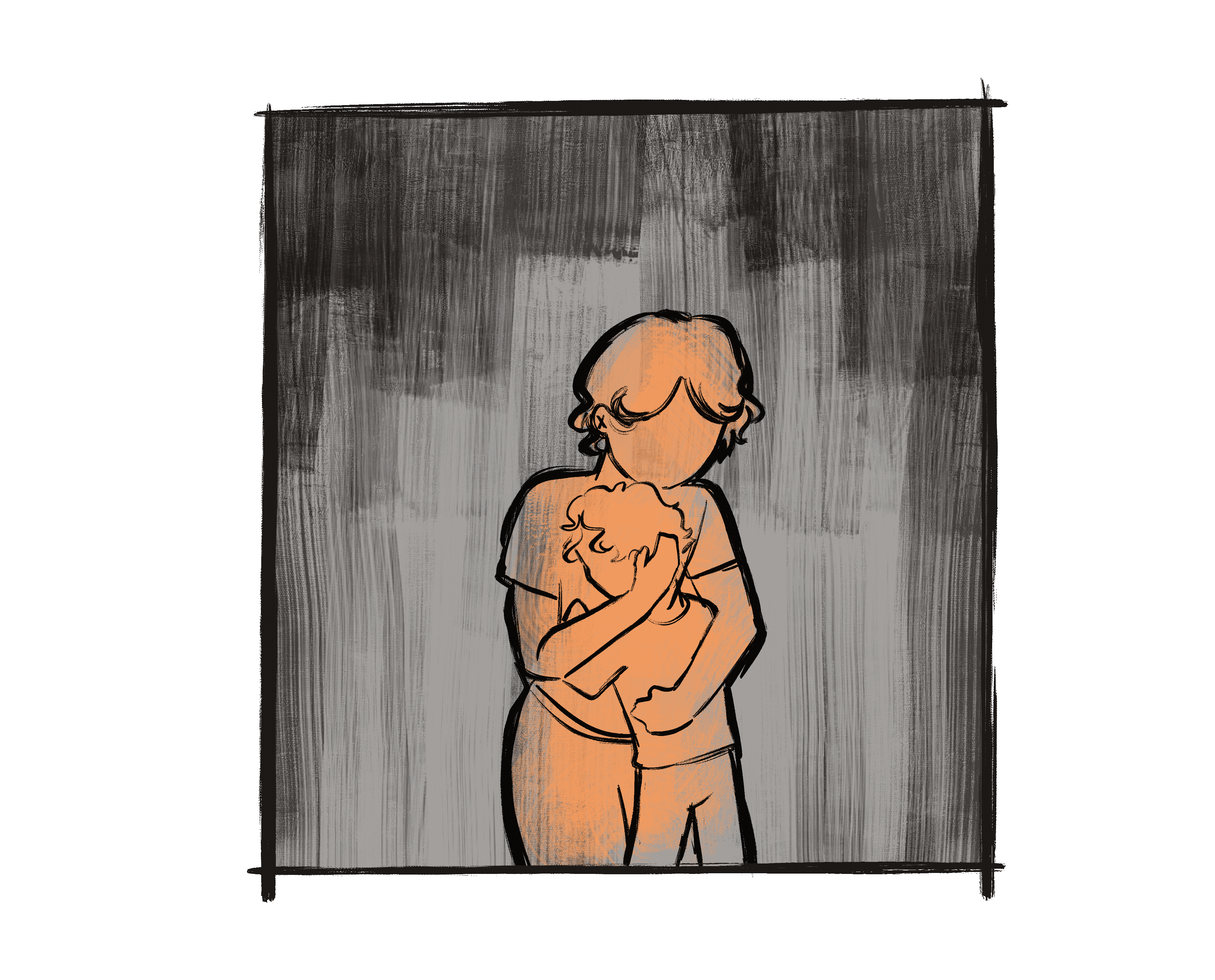
New immigration policy under Trump Administration increases uncertainty and fear

Desktop use is recommended for this site.
On January 20, 2025, Donald Trump was inaugurated as the 47th president of the United States, marking the start of his second, non-consecutive term. In the following days, his new immigration policy involving deportations sent ripples of concern throughout the country. This leaves many communities, some in DGS, uncertain and worried about their futures.
The “Protecting the American People Against Invasion” executive order is substantially expanding immigration enforcement and setting the stage for mass deportations across the country. The nature of this order has sparked fear among immigrants and other affected communities, many of whom worry about racial profiling, family separations and deportations without due process.
An anonymous student and a second-generation immigrant expressed concerns that this policy could affect not only individuals on a personal level but also immigrant communities or anyone who might be impacted.

“I do remember a story I heard from a friend out in New Jersey about a veteran of Puerto Rican descent who was arrested...
...And I think, just up north in Wisconsin, I heard of someone who was harassed by both a police officer and an immigration officer...



...because they had to speak Spanish in public and were assumed to be of undocumented status."

“Especially now, I live in fear because my mother doesn't particularly know that good amount of English. Although she's legally here in this country, maybe one day, somebody with hate filled in their heart might see the fact that she doesn't speak very fluent English. They might even find a way to describe how she probably shouldn't be here and falsely call immigration on her.”

With this policy taking effect, even those who are in the country legally fear being targeted. One area of concern is that language barriers could make individuals more vulnerable to discrimination, regardless of their legal status.

“God forbid something happens, and I have to figure out a way to make sure that she comes home safely...
...I don't feel like it should be a conversation anybody should have with the parents about what to do if they get taken away because somebody assumes that they're not supposed to be here legally.”
“You may have heard about the young girl from Texas who had taken her own life after her classmates had bullied her by making fun of her immigration status and telling her that her parents would be taken away and that she'd be left out alone. No child should be subject to this kind of discrimination and this kind of bullying.”
The impact of immigration policies extends beyond legal status, influencing social dynamics and fueling discrimination within communities in the U.S. During this time, individuals who are targeted in ways that jeopardize their security may find it difficult to ignore these serious consequences.
Jocelyn Rojo Carranza, an 11-year-old girl from Gainesville, Texas, died by suicide on February 8 after being bullied by her classmates who claimed her family was undocumented and rumored that ICE would deport them.
As the Trump Administration continues to enforce immigration policies, apprehension grows, leaving affected communities and individuals uncertain about how to prepare for the potential consequences. The impact on the safety and security of individuals, regardless of legal status, is significant for those directly affected.
“My parents threw everything away to come here so I could have a chance of citizenship and have a chance of education that they never got to have. So, I believe that people are taking this lightly and not shining a light on just how much these immigration executive orders would affect people.”



